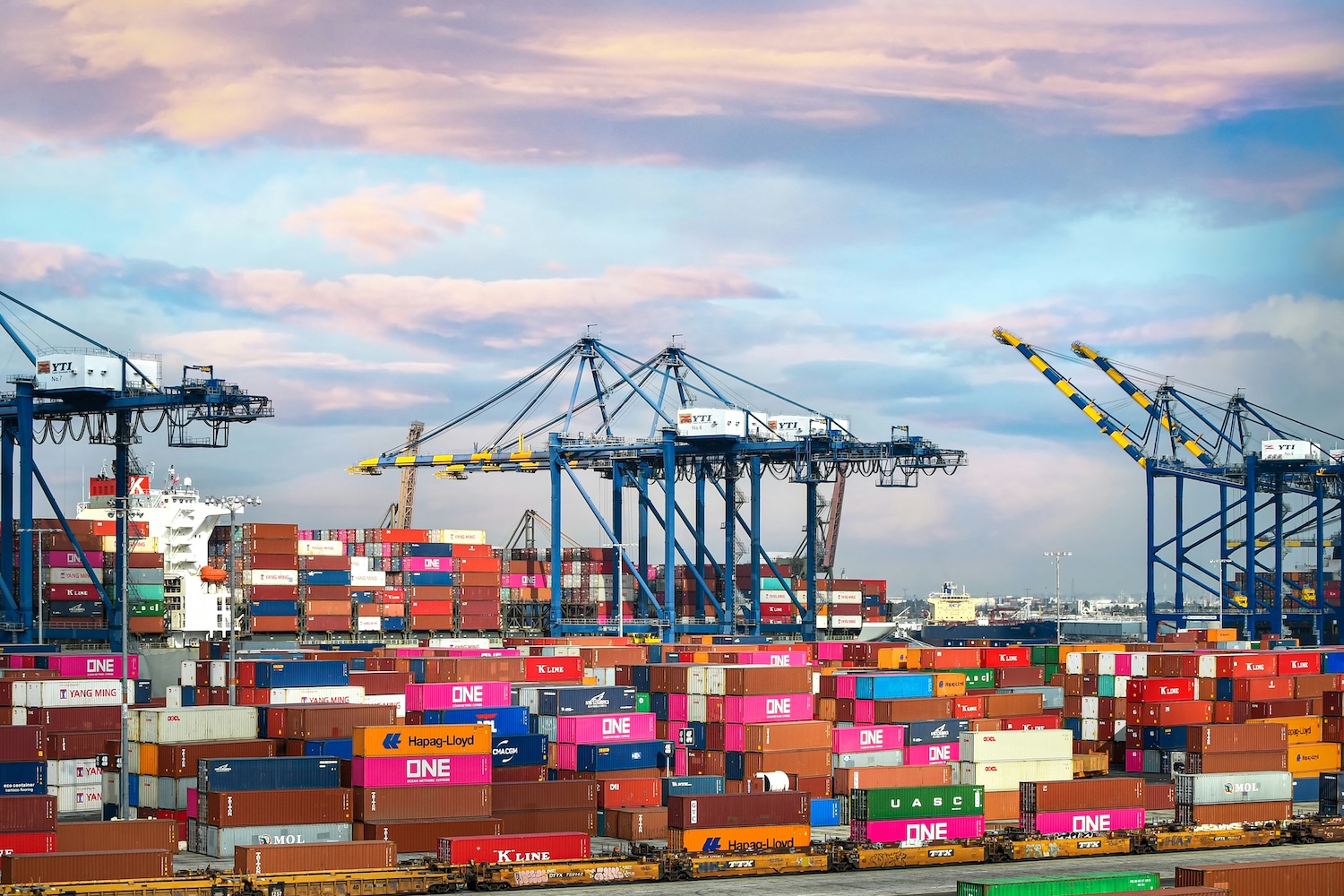The global logistics industry in 2025 stands at the crossroads of innovation, sustainability, and transformation. Valued at over $11 trillion, the sector is evolving rapidly as nations and industries embrace automation, digital integration, and environmentally responsible operations to enhance supply chain resilience and efficiency. Amid geopolitical shifts, regional trade realignments, and rising consumer expectations for faster, greener deliveries, logistics networks are redefining global connectivity.
This report highlights six nations, Singapore, Finland, Denmark, Germany, Japan, and India, that exemplify leadership in logistics excellence. Each country showcases unique strengths, from smart port operations and digitalized transport systems to sustainable infrastructure and integrated multimodal networks. Together, their strategies reveal how technology, policy, and innovation converge to shape the future of global logistics in an increasingly complex and interconnected world.
Key Highlights
- The global logistics sector, worth over $11 trillion, is being transformed by automation, digitalization, and sustainability.
- Singapore leads as a smart, automated logistics hub, integrating digital trade platforms and next-generation port systems.
- Finland pioneers autonomous and digital logistics, using software, data, and electrification to operate efficiently in harsh climates.
- Denmark sets global standards in green logistics, driven by industry partnerships and zero-emission infrastructure.
- Germany dominates in logistics technology and automation, backed by world-class infrastructure and digital innovation.
- Japan excels in precision logistics, combining AI, robotics, IoT, and hydrogen-powered transport for sustainable efficiency.
- India is emerging as a multimodal and digital logistics powerhouse, enabled by large-scale infrastructure and policy reforms.
- The report emphasizes integration, innovation, and sustainability as key drivers of future-ready, resilient global supply chains.




